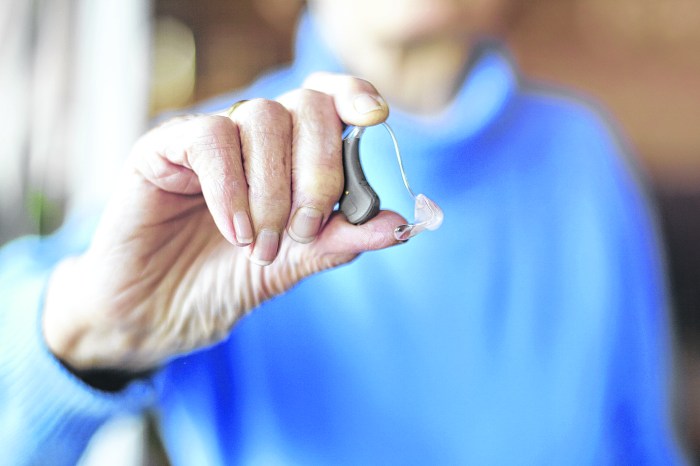Providing better mental health treatment to stressed-out Long Islanders who are self medicating with illicit drugs is key to combating the deadly opioid epidemic that continues to grip the region, experts say.
That was among lead findings of the Suffolk County Heroin and Opiate Epidemic Advisory Panel’s recently released 127-page 2019 report detailing the latest efforts to stem the scourge that has claimed more than 3,000 lives on LI in the past decade.
“Not only do we have to address the addiction issue, we also need to address mental health,” Legislator Sarah Anker (D-Mount Sinai), who chairs the 30-member panel, told reporters during a Jan. 2 news conference. “You can’t have one without the other.”
The issue is a local manifestation of a national opioid epidemic that ranks among the deadliest health crisis in U.S. history, claiming more than 70,000 lives nationwide in 2018 alone — killing more Americans annually than car crashes and guns.
It’s long been settled that police can’t arrest their way out of the problem. Increased awareness and improved access to treatment have also been priorities. But it turns out it’s not just more drug busts, anti-drug campaigns, and rehab programs that are needed — it’s more access to mental health treatment to address the root causes of addiction, such as depression, trauma, and grief.
“We have to go further in order to take a preventative role,” said Legislator Dr. William Spencer (D-Centerport), who chairs the legislature’s health committee. “And that is getting into people’s lives and understanding what the genetic predispositions may be, what the environmental stressors may be, so that we can do a better job of preventing and treating addiction.”
Steve Chassman, executive director of the Long Island Coalition on Alcoholism and Drug Dependence, is among those pressing for answers as to why heroin and prescription opioid-based painkillers continue to entice new users despite the widely publicized death toll.
“The trillion-dollar question is: Why are so many adolescents and adults, so many people in Suffolk County, across New York State, and across the country, turning to the most powerful narcotics for self medication?” he asked rhetorically. “Could it be stress? Could it be anxiety? Could it be not adequate coping skills to deal with this beautiful thing called life?”
And most importantly: can it be stopped?

































